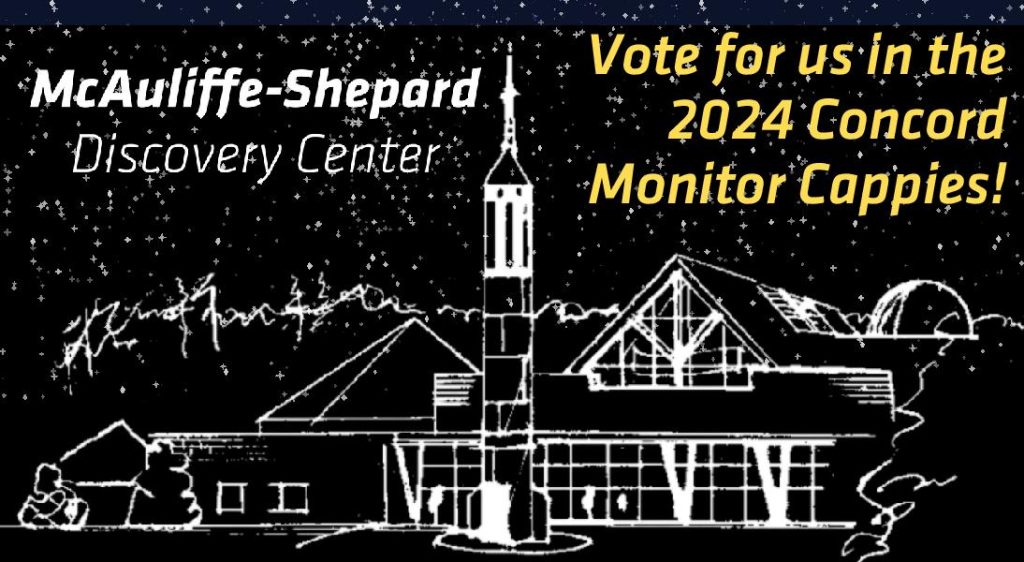Reaping the environmental benefits and culinary pleasures of local produce doesn’t need to end with the first deep freeze. Between do-it-yourself food preservation and new options for buying fresh goods through the winter, it’s become easy to enjoy local foods all year long.
What makes a local food system environmentally beneficial, anyway? For one thing, it eliminates the long-distance transportation required for most food consumption – New Hampshire imports 94 percent of its food from out of state, and food in the U.S. travels an average of 1,500 miles before reaching our plates. Also, protecting agricultural soils and the working landscape helps to focus new development in more compact areas and prevent energy-intensive sprawl. Finally, a local food system may be more adaptable in the face of fluctuating energy prices and changes in climate patterns.
Food preservation is a time-honored tradition that many people practice already: canning tomatoes and peaches, drying herbs, freezing broccoli and other greens, and so on. The Concord Public Library has numerous books about these techniques, which are both enjoyable and satisfying to those who like spending time in the kitchen.
But there’s been a marked increase in the past couple of years in the availability of fresh local produce year-round. Farmers are using hoop houses (similar to greenhouses), climate-controlled storage facilities, and other methods to meet our growing demand for local vegetables through the long New Hampshire winter. While you won’t find their products at most grocery stores (though the Concord Food Coop does offer some), a little planning makes it easy to buy these foods. Here are a couple of options:
∎ Winter CSAs. In the Community Supported Agriculture model, consumers pay in advance for a season’s worth of food – usually vegetables, but some CSAs offer other products as well. Members pick up their weekly share at a central location or at the farm itself. Numerous CSAs serve the Concord area in the summer, and many now offer spring, fall, and/or winter shares as well. See localharvest.org/csa/ for more information about CSAs in general, or download the 2013 CSA publication at agriculture.nh.gov/ for up-to-date details about local CSAs and their seasonal offerings.
∎ Winter Farmers Markets. Greater Concord now boasts a number of robust winter farmers markets offering products of all kinds – perse fresh produce, meat, eggs, dairy, soap, drinks, plenty of pastries, and more. The market at Cole Gardens, 430 Loudon Road, is open every Saturday from 10 a.m. to 2 p.m. from December to April (except Dec. 29) – see details at colegardens.com. A large market at 67 East Main St. in Tilton is open every Saturday and Sunday from 10 a.m. to 2 p.m. from January to March – see tiltonwinterfarmersmarket.com. Learn about other markets at the New Hampshire Farmer’s Market Association web site: nhfma.org/.
The city of Concord is doing its part to support the local food system. The city has acquired a number of agricultural properties, helped purchase conservation easements on working farms, and taken other measures to support our working landscape. Its zoning regulations encourage the protection of agricultural lands and support community gardens and agricultural options. The city’s goals and actions related to agriculture are articulated in the Conservation and Open Space and Land Use chapters of its Master Plan, available at the city web site: concordnh.gov/.
This winter, say goodbye to limp lettuce and yellowing broccoli from across the country and bring a local farmer’s fresh vegetables into your kitchen instead. The benefits to our community and environment – not to mention to your palate – are invaluable.
The Concord Energy and Environment Committee contributes a monthly column to the Insider. The members of CEEC aim to inform and engage the citizens of Concord about energy, environmental, and sustainability issues and policies. CEEC works with city administration and the Concord City Council to identify and implement sustainability programs and strategies. If you have questions or you would like to become involved in the committee, please contact us at 225-8500.





















